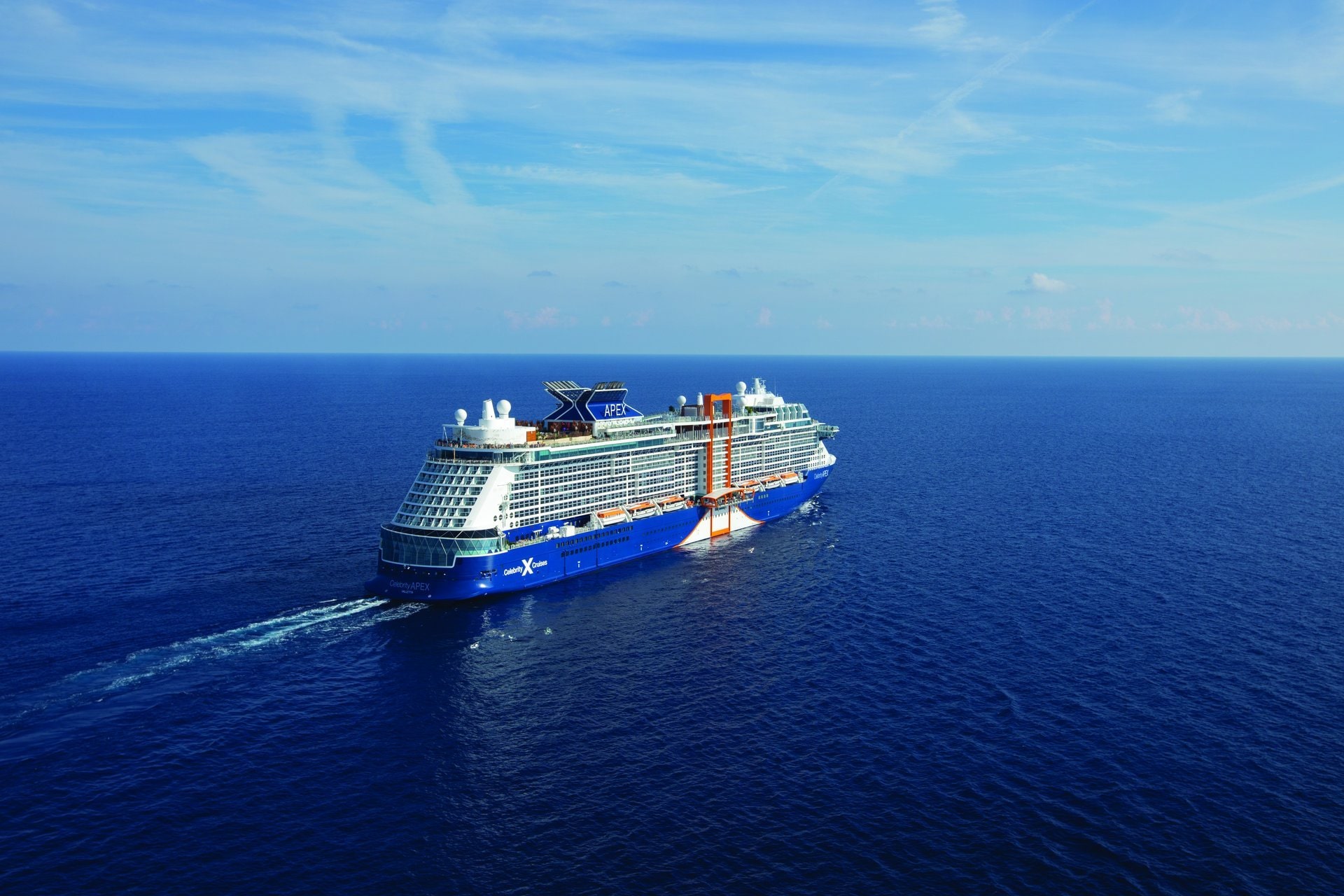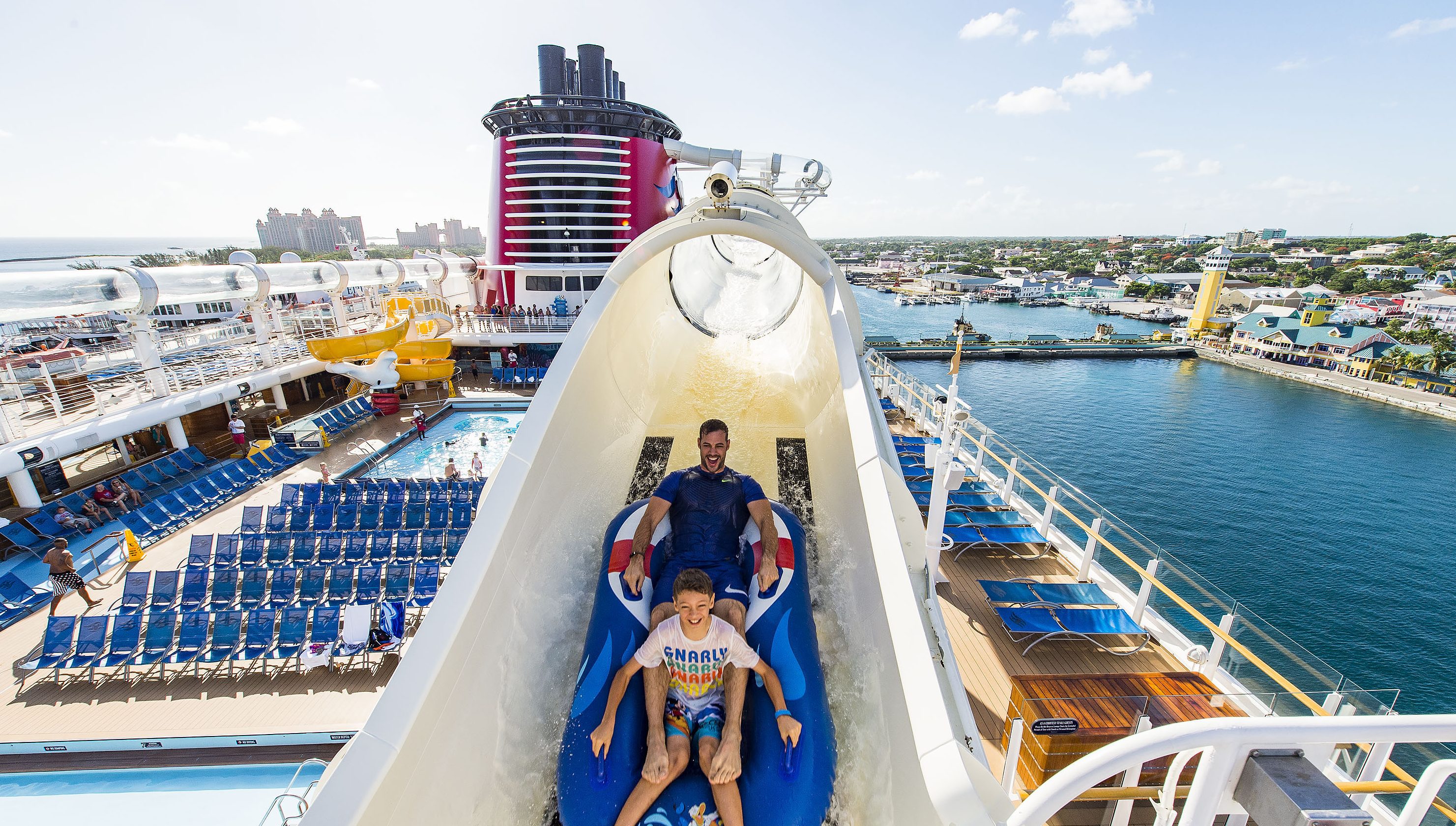What Do They Do With Cruise Ships During A Hurricane
Table Of Content

Taking a cruise during hurricane season (June 1-November 30) is similar to those other destinations. But, the likelihood of feeling any kind of effects from a storm is slim to none. Cruise lines typically offer compensation in the form of onboard credit or a refund of the port fees in case of a missed port.
Cruise Lines Cancel Trips & Ports of Call Due to Middle East Conflict
Cruise Ships Scramble To Avoid Hurricane Hilary's Wrath - Newsweek
Cruise Ships Scramble To Avoid Hurricane Hilary's Wrath.
Posted: Sun, 20 Aug 2023 07:00:00 GMT [source]
Additionally, cruise ships have stabilizers that help reduce the ship’s movement and provide a more comfortable experience for passengers, especially during rough weather conditions. Overall, cruise ship operators place a high priority on the safety and well-being of their passengers and crew during hurricanes. Through meticulous planning, advanced technology, and proactive measures, they strive to minimize the impact of these powerful storms and provide a secure environment for everyone on board. Cruising during hurricane season can be safe, but knowing the risks and potential changes to the itinerary is important.
Do I get a refund?
That's because you're committed to going on the cruise and can't back out without penalty, but it's early enough that you'll still be covered by the insurance for unforeseen events that crop up at the last minute. Say you booked a seven-night cruise to the Western Caribbean, but to avoid a storm, the cruise line changes the itinerary to the Eastern Caribbean. If you're onboard for all seven nights, you will receive no compensation from your insurance provider. For instance, the northeast Pacific hurricane season runs from mid-May through late November (it peaks in late August/early September) and can affect Mexican Riviera cruises.
Atlantic Hurricane Season Cruising: What You Need to Know
It’s important to remember that itinerary changes due to hurricanes are made to prioritize the safety of passengers and crew. By adapting the route and making necessary adjustments, cruise lines can navigate around the storm and maintain a secure and enjoyable environment onboard. Cruise ships are equipped with advanced navigation systems that provide real-time updates on weather conditions.
These plans include protocols for communication, passenger and crew safety, evacuation procedures, and coordination with local authorities and emergency services. It is important to know how much money you can save if you're able to cruise during hurricane season. To compare, let's look at two sailings onboard Carnival Celebration, one of Carnival Cruise Line's newest ships. During this time, tropical storms and hurricanes are more likely to occur in the Caribbean, Gulf of Mexico, and Atlantic Ocean. So, if bad weather forces you to miss or reroute a flight, miss part of a cruise because of a travel delay or get stuck unexpectedly in a city overnight, you should be covered under a travel insurance plan.
The southerly islands of Aruba, Bonaire and Curacao (common stops on Southern Caribbean itineraries), in particular, are far south of the typical hurricane track and experience few fall storms. You’ll know rough seas are expected not only based on the captain’s daily briefings but also by actions by the crew—such as dampening tablecloths so that dishes don’t fall off. If the ship’s pools and water park close, time to take some seasickness medication if you’re prone.

The biggest challenge if a hurricane disrupts a cruise is finding alternate places to dock or anchor when ships' scheduled ports of call are threatened. Keep in mind that airports in these regions can also be affected by severe weather. Hurricanes in the Caribbean seasons are often easy to track, so finding a hurricane-free embarkation area should be simple. With that in mind, we've put together the things you'll need to know to book your vacation during hurricane season with confidence. These requests must be made within 90 days of the original scheduled sail date and must include a copy of the cruise confirmation, proof and amount of payment, and cancellation or delay notice. Cruise ships are massive floating resorts that offer a wide range of amenities and activities for passengers to enjoy during their voyage.
You may experience rough seas
Cruise lines adapt to operational adjustments, maintain positive reputations through transparent communication, and work in collaboration with government authorities to navigate any restrictions or regulations. Cruise lines also conduct thorough inspections of the ship’s equipment to ensure it is in optimal working condition. This includes checking the integrity of the hull, navigation systems, and emergency equipment, such as lifeboats and life rafts. Any necessary repairs or maintenance tasks are carried out to ensure the ship is seaworthy and ready to handle any potential challenges.
What happens if my car is damaged in port while I'm at sea?
This includes securing all outdoor furniture, equipment, and loose objects on the decks to prevent them from being swept away or causing damage during high winds. Windows and doors can be reinforced, and additional liferafts and life jackets can be made readily accessible. These floating resorts have multiple dining venues offering a variety of cuisine options, including buffet-style restaurants, specialty restaurants, and casual cafes. The culinary teams onboard are skilled in providing exceptional dining experiences for passengers, catering to different dietary preferences and requirements. By gaining insights into the procedures and protocols in place for handling hurricanes, we can gain a better understanding of the measures taken to ensure the safety and security of everyone on board a cruise ship. Cruise lines may need to rearrange crew schedules, reposition ships, and reallocate resources to ensure the safety and well-being of passengers and crew.
When it comes to monitoring weather and hurricane season, this is not the cruise industry’s first rodeo. So what happens when you do embark on time, but there’s a hurricane happening in the region? Most likely a hurricane will not impact your cruise, but you might incur an itinerary change if a hurricane is in the path of a port of call on your cruise itinerary. The Eastern Caribbean tends to see more hurricanes toward the beginning of the peak season, while peak season in the Western Caribbean islands stretches throughout the entire period. Some East Coast cruises might be affected by a hurricane in the Northern Atlantic. With cruise travel insurance you can be reimbursed in case the weather or any other unforeseen event messes up your high seas getaway.
While your ship can avoid the brunt of a storm, you shouldn’t assume you won’t feel some rocking and rolling. If you are cruising in hurricane season, it’s best to be prepared with a seasickness remedy. For complete peace of mind about flights to and from your cruise, book your airfare with Flights by Celebrity. Flights by Celebrity offers cruise travelers a wealth of benefits and protection for your airfare investment with its points, price, and protection platform. Dedicated specialists are available 24/7 to work on your behalf should you experience a flight delay or interruption.
When a large storm does swirl through the Caribbean or Bahamas, it'll likely only affect a small portion of the region and, thus, only a small number of cruise ships. Still, even during peak weeks for hurricane formation, the odds of your cruise being affected by a hurricane are relatively small. A glance at any cruise booking site will show hundreds of sailings departing for the Caribbean and the Bahamas each year during cruise hurricane season.
These adjustments often require additional planning, coordination, and resources, which can impact the overall operational efficiency of the cruise line. Cruise lines recognize the importance of maintaining open lines of communication with passengers and encourage them to ask questions or seek clarification from crew members at any time. The ship’s staff, including guest services personnel, are trained to address passenger concerns and provide assistance, ensuring that passengers feel supported and informed throughout the journey. Communication is key during these situations, and cruise lines make efforts to keep passengers informed about the changes and the reasons behind them. Timely announcements, updates via shipboard communication systems, and informational sessions with the ship’s staff help keep passengers aware of any modifications to their planned schedule.
Comments
Post a Comment